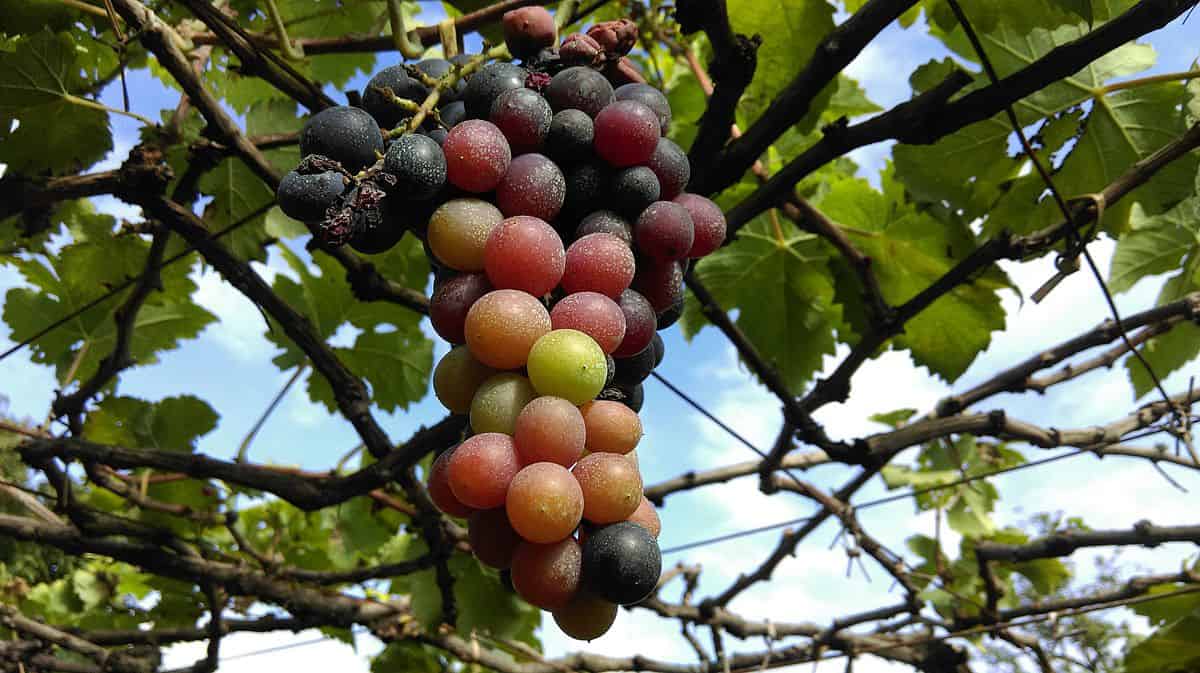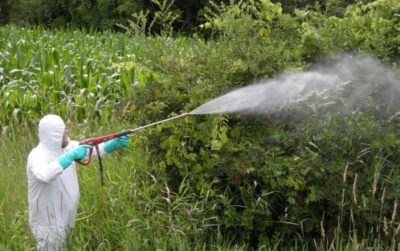
Routine use of pesticides and insecticides in the agricultural industry is often portrayed as not only acceptable, but necessary in order to maintain high production standards. The use of these products is harmful to the environment, depletes topsoil, destabilizes the ecosystem, pollutes groundwater and distributes carcinogenic, poisonous chemicals for human consumption on a grand, seemingly unstoppable scale.
A grave new report released by the United Nations urges that the use of pesticides in agriculture is a serious global human rights concern, responsible for approximately 200,000 acute poisoning deaths annually. This especially puts already vulnerable populations in danger, given an estimated 99% of these deaths happen in developing countries due to inadequate health, safety and environmental regulations.
Pesticide poisoning is perpetuated through food, water, air or direct contact. Currently, the use of these chemicals is often systematic, meaning they are absorbed through the roots and distributed to the entire plant— which unfortunately implies that washing produce is ineffective. Seeds used in soybean, corn and peanut production are often pretreated with pesticides. Crops most heavily treated include strawberries, apples, spinach, celery, pears, tomatoes, potatoes, among others.

Scientific research confirms adverse health effects caused by pesticides, and have linked them with cancer, Alzheimer’s and Parkinson’s diseases. Further, pesticides effect the endocrine system by disrupting hormones, and have been connected with rising levels of infertility. They are also harmful to the neurological system, causing memory loss, reduced motor skills and visual ability, to which children are especially vulnerable. Pesticides have also been indicated in aggravating asthma, allergies and inflammation. UN’s rapporteur on toxics says that while scientific evidence of their toxicity is inarguable, challenges are “exacerbated by a systematic denial… and aggressive, unethical marketing tactics.”
It is commonly contended that pesticides, heavy fertilizers and genetic modification are crucial to combat world hunger and feed a growing world population (set to reach 9 billion by 2050). In this context, Hilal Elver, UN spokesperson for the right to food, responds, “It is a myth… Using more pesticides is nothing to do with getting rid of hunger. According to the UN Food and Agriculture Organisation (FAO), we are able to feed 9 billion people today. Production is definitely increasing, but the problem is poverty, inequality and distribution.”
Executive director at the Center for Food Safety, Andrew Kimbrell, impresses the importance of this report, “That this report is coming from the UN, and says that the right to adequate food—meaning non-toxic and safe food—is a human right, makes this report historic.” Furthermore, small-scale, local, organic and permafarming is historically proven as efficient and productive, not only for our health, but for the health and sustainability of our rapidly weakening ecosystem.


